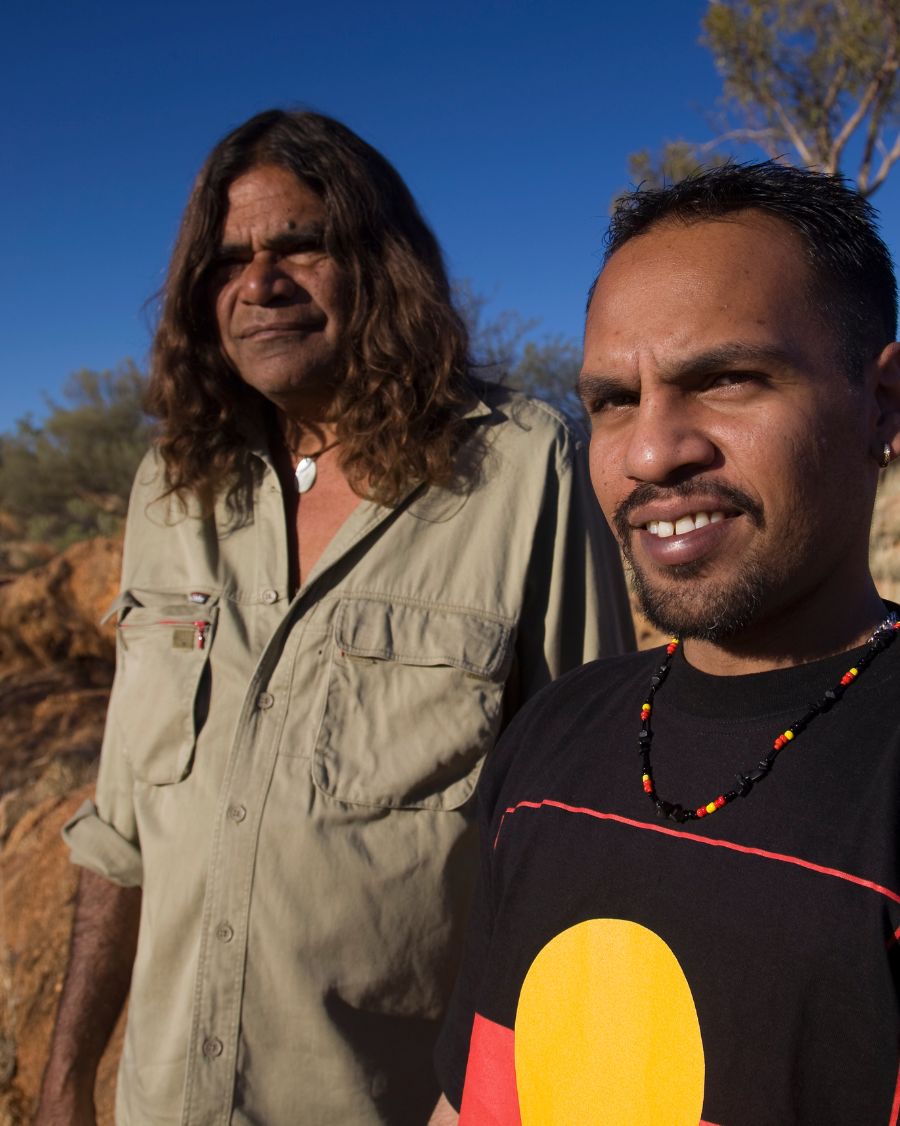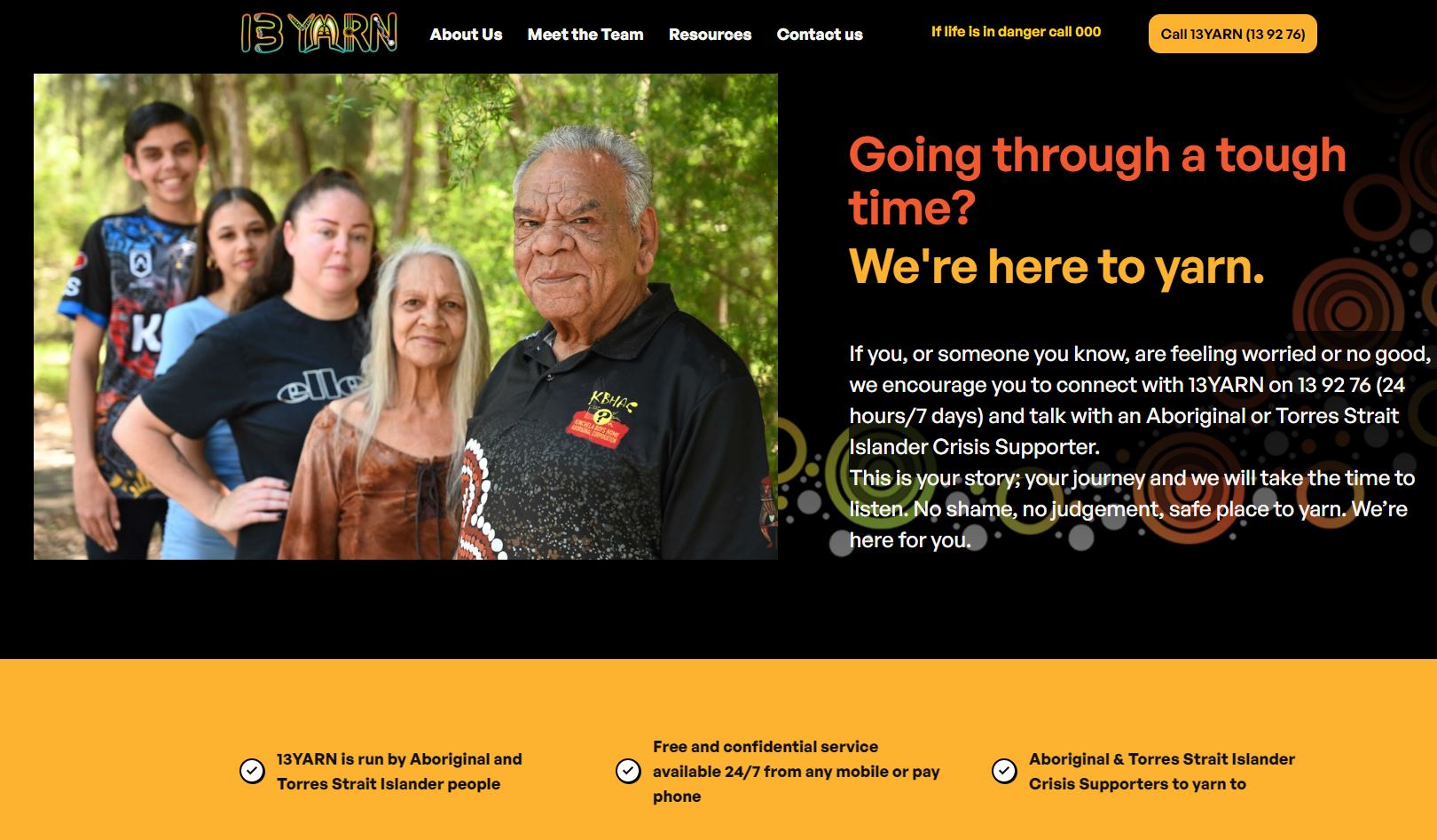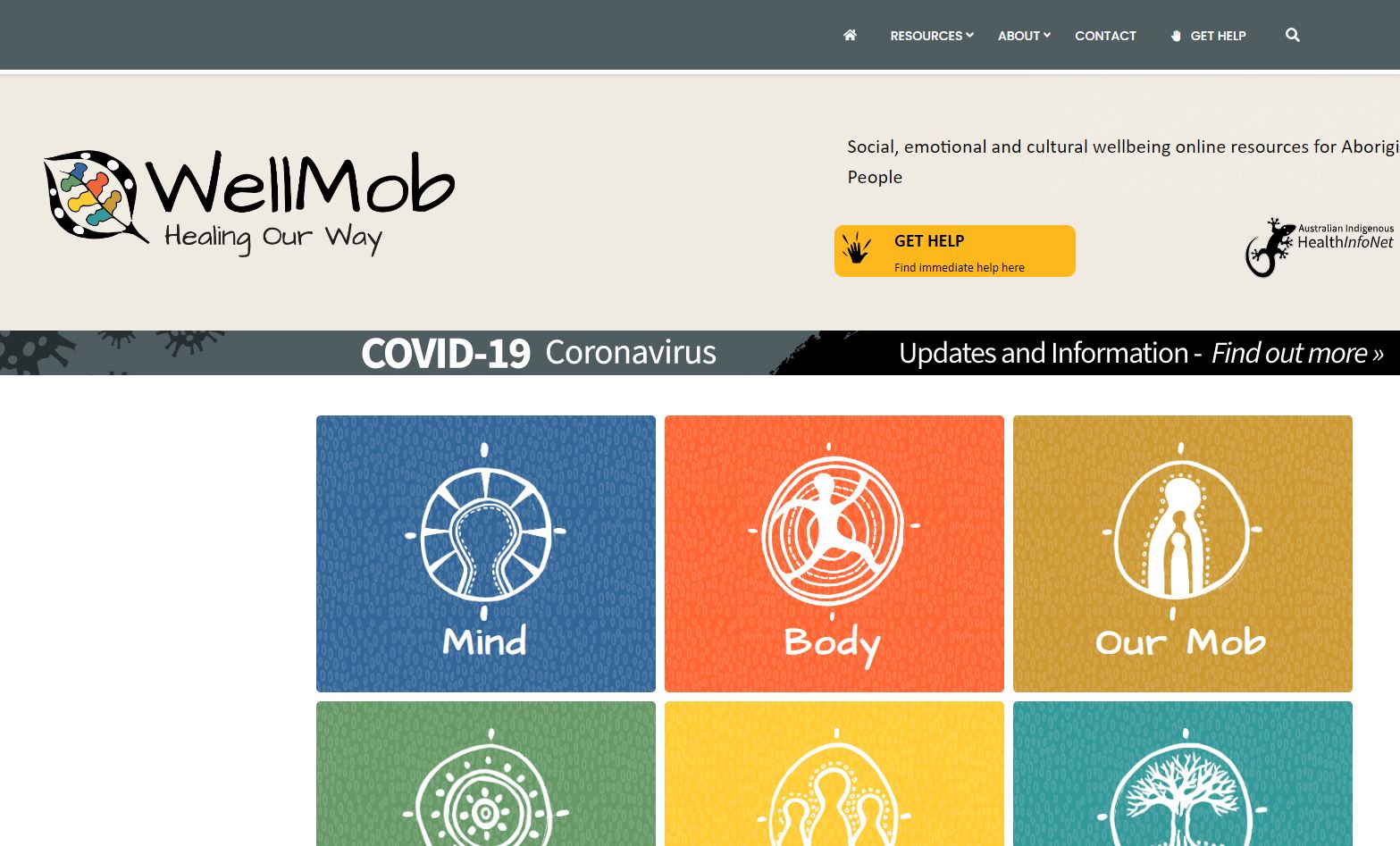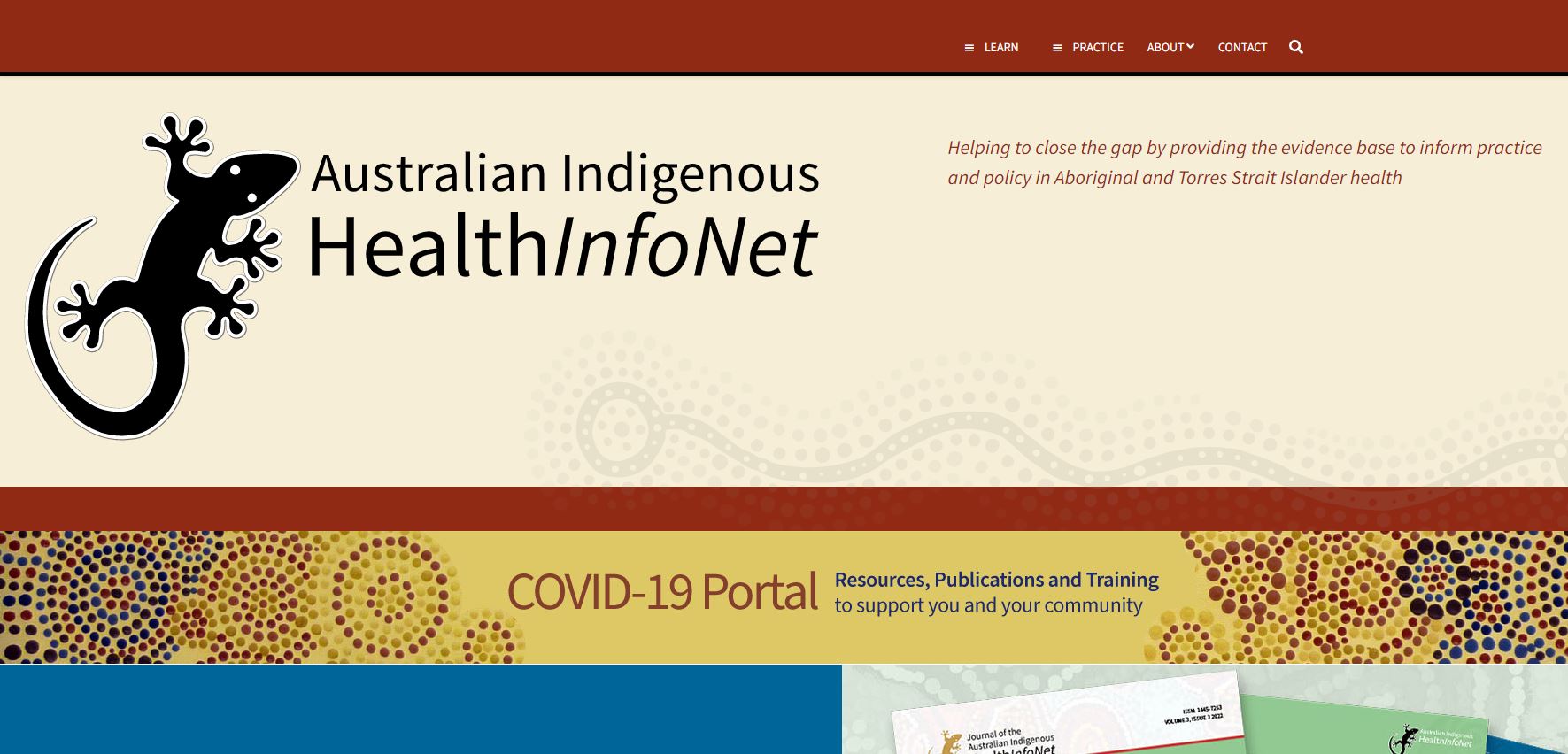Acknowledgment
Finding North acknowledges and recognises the Traditional Owners of the lands, winds and waters of Australia and the Torres Strait, where we live, work and play.
We promise to be respectful, take the lead from community and walk together with Aboriginal and Torres Strait Island people, communities and organisations in our lifelong wellbeing and mental health journey. .
We also pay our respect to Elders past and present, for they hold the memories of the traditions, cultures and aspirations of Australia’s First Nations peoples, and are responsible for protecting and promoting their cultures for the benefit of all Australians.
We recognise that Aboriginal and Torres Strait Islander culture is rich and diverse. We celebrate Aboriginal and Torres Strait Islander history, in particular the strength, resilience and courage that can inspire us all to create a better community and country together.
Overview
Looking after your health is important. Your path to wellbeing may include feeling a connection to Country, culture, and family as well as staying physically and mentally well.
Eating well and being active help you maintain your physical health however it is just as important to nurture your mind.
Remember your health is important.
Supporting yourself
There are many ways you can keep your mind and spirit strong: finding ways to connect to your culture, Country, friends and family, mind and body can help you to feel good and improve your emotional well-being.
Yarn about it:
If you are feeling lonely, worried, anxious, or sad and have been feeling this way a lot it is important to yarn to someone about your feelings. Yarning with a friend, family member, or Elder can make you feel better and help keep your mind and spirit strong and healthy.
Staying connected with loved ones who support you, and yarning about your feelings can get you one step closer to feeling well again.
Connect:
Connecting to Country, culture, and community as well as doing things you enjoy can all help you feel good and support your emotional wellbeing. Going fishing, camping, or bush walking can help keep yourself strong.
Maintaining your connection to culture such as learning your language or taking part in art, sharing stories, crafts or other cultural activities may help you feel more positive. Listening to music, dancing and singing are great ways to relieve stress and get better.
You can also support your well-being by connecting with your mob, community, or family.
Support Services:
It is important to remember that you are not alone. There are support services and information available that can help get you back on track including:
- 13Yarn – 24/7 telephone crisis support
- Yarn Safe – Headspace Information for young people
- WellMob – Information and resources
- Brother to Brother Aboriginal Men’s Crisis Line
In the video “Yarning About Mental Health: Becoming better, Becoming Stronger” from Menzies School of Health Research and WellMob, you will hear more about mental health conditions and some of the things you can do to look after yourself when you are not feeling good.
How else can you support your well-being?
Sleep is also important when it comes to keeping your mind well. Not getting enough sleep can make you feel tired, and you may find you have less energy or even become forgetful. In the long term, lack of sleep can impact feelings of stress, worry, or sadness therefore, it is important to set healthy sleep habits for yourself if you can. There are a few simple things you can do to help you sleep better:
- Avoid drinking alcohol or caffeine before bed
- Listen to your body if you feel tired go to bed
- Make your sleeping space dark
- Exercising in the day will help you sleep better at night
- Turn off the television or computer. This can affect your body’s sleep rhythm
Regular exercise and eating well can help to keep your body and mind strong. Food is your body’s fuel and eating well is one way that you can look after your brain and improve your energy as well as how you are feeling.
Physical activity is important however, if you are not used to regular exercise, it may sound daunting. Getting into the habit of exercising for 15 minutes a day is a simple way to start, you can increase this to 30 minutes a day when you are ready. Walking, swimming, dancing, or joining a team sport are all great ways to increase your physical activity.
Here are a few other things you can do to help keep your physical health on track:
- Drink lots of water
- Reduce sugary and takeaway foods. Eat healthy foods such as plant foods. Refer to the Aboriginal and Torres Strait Islander Guide to Healthy Eating for more information.
- Drink less alcohol or quit alcohol. This can improve your sleep and overall health.
- Quit smoking
- Learning and practicing meditation and deep breathing techniques can help with stress and worry.
- See a health professional for regular health checks.
- Get outside and reconnect to Country
For addition tips see the below video “MHT Top 5 Tips to support the wellbeing of yourself and others,” by Mental Health Talanoa.
Supporting another person
If you are not from an Aboriginal or Torres Strait Islander background but you are trying to support someone who is there are a few things you should consider.
- Be respectful
- Educate yourself about First Nations cultures. Listen to and learn from the voices of Elders or other Aboriginal and Torres Strait Islander people
- Consider the cultural appropriateness of services
- Speak up. If you see or hear discriminatory behaviour, call it for what it is. Speak up and challenge the racist talk and stereotypes
If you feeling worried about someone close to you it is important to talk to them. Let a family member, elder or someone who can help know that you are worried. Connect to a service such as 13 Yarn on 13 92 76 or call “000” in an emergency.
How we can help
If you or someone you know is in crisis
If you are worried you may harm yourself or someone else, or need immediate help for someone else in this situation:
Please call 000If you are in distress
Other helplines
- Beyond Blue | 1300 22 4636
- Open Arms – Veterans & Families Counseling | 1800 011 046
- MensLine Australia | 1300 78 99 78
- Defence All Hours Support Line | 1800 628 036
- QLife | 1800 184 527
- 13YARN| 13 92 76
Please select a state you live in
Suicide Call Back Service. Free professional telephone counselling & online chat available at suicidecallbackservice.org.au
Available 24/7
1800RESPECT Domestic Violence Counselling & Support Line. Online Chat at 1800respect.org.au or SMS on 0458 737 732
Available 24/7
13YARN First Nations Peoples Crisis Support Line. Call to talk with an Aboriginal or Torres Strait Islander Crisis Supporter
Available 24/7
Defence All Hours Telephone Support Line. For Australian Defence Force (ADF) members and their families
Available 24/7
Access Mental Health Line. For people who have concerns about their own, or someone else’s mental health
Available 24/7
Medicare Mental Health Centre Canberra. Phone, request a call canberrammhc.com.au.
Monday, Wednesday & Friday: 8.30am-5:00pm. Tuesday & Thursday (extended hours): 8:30am-7:00pm
NSW Hospital and Health Services State-wide Mental Health Line. Speak to a trained Mental Health Professional
Available 24/7
Medicare Mental Health. Phone to find your nearest centre. Support through Medicare Mental Health Centres are free. No appointment or GP referral is required. Visit www.medicarementalhealth.gov.au
Hours vary.
NT Mental Health Line. For people who have concerns about their own, or someone else’s mental health. Speak to a trained mental health professional.
Available 24/7
Darwin Medicare Mental Health. Clinical Assessment and Treatment. Call, walk-in (16 Scaturchio St, Casuarina.)
Mon - Wed and Fri: 9am - 9pm; Thur: 1pm - 9pm; Sat - Sun (and public holidays): 12pm - 8pm
1300 MH Call. A confidential mental health telephone triage service providing information, advise and referral.
Available 24/7
Medicare Mental Health. Phone to find your nearest centre. Support through Medicare Mental Health Centres are free. No appointment or GP referral is required. Visit www.medicarementalhealth.gov.au
Hours vary.
SA Mental Health Triage. A confidential mental health telephone service, staffed by mental health clinicians, providing information, advise and referral.
Available 24/7
Urgent Mental Health Care Centre (UMHCC) located at 215 Grenfell Street, Adelaide, offers an alternative to presenting at hospital Emergency Departments for a mental health crisis.
Available 24/7
Medicare Mental Health. Phone to find your nearest centre. Support through Medicare Mental Health Centres are free. No appointment or GP referral is required. Visit www.medicarementalhealth.gov.au
Hours vary.
LETSS Lived Experience Telephone Support Service (Adelaide Metro)
5pm and 11:30pm, 365 days a year
Access Mental Health- Helpline Triage offering phone counselling, information and referral.
9am - 10pm
Medicare Mental Health. Phone to find your nearest centre. Support through Medicare Mental Health Centres are free. No appointment or GP referral is required. Visit www.medicarementalhealth.gov.au
Hours vary.
Victoria Psychiatric Triage providing an initial assessment and identifies whether a person needs further assessment or referral.
Available 24/7
Geelong Head to Health. Call or walk-in at 8 Station Street, Norlane. Email at MedicareMHC.Geelong@neaminational.org.au
Monday–Friday, 12pm–9pm and Saturday–Sunday/public holidays, 1pm – 6pm
Medicare Mental Health. Phone to find your nearest centre. Support through Medicare Mental Health Centres are free. No appointment or GP referral is required. Visit www.medicarementalhealth.gov.au
Hours vary.
Rurallink - An after-hours telephone service for people in rural and regional WA experiencing a mental health crisis
Weeknights 4:30pm-8:30pm / 24hrs on Weekends and Public Holidays
Peel -Mental Health Emergency Response Line. Call to speak with a trained mental health clinician. Callers referred to acute response teams.
Available 24/7
TTY - Mental Health Emergency Response Line.Call to speak with a trained mental health clinician. Callers referred to acute response teams.
Available 24/7
Metro - Mental Health Emergency Response Line. Call to speak with a trained mental health clinician. Callers referred to acute response teams.
Available 24/7
Medicare Mental Health. Phone to find your nearest centre. Support through Medicare Mental Health Centres are free. No appointment or GP referral is required. Visit www.medicarementalhealth.gov.au
Hours vary.
Please select a state you live in
Service Options
**** *****
**** ***** * *********** *********** ***
**** ***** ********* *****
**** ***** * *********** *********** ***
**** ***** ********* *****
**** ***** * *********** *********** ***
**** ***** ********* *****
**** ***** * *********** *********** ***
**** ***** ********* *****
**** ***** * *********** *********** ***
**** ***** ********* *****
**** ***** * *********** *********** ***
**** ***** *****





